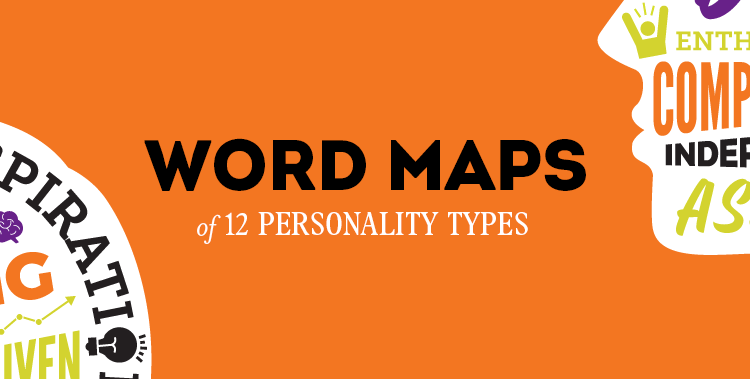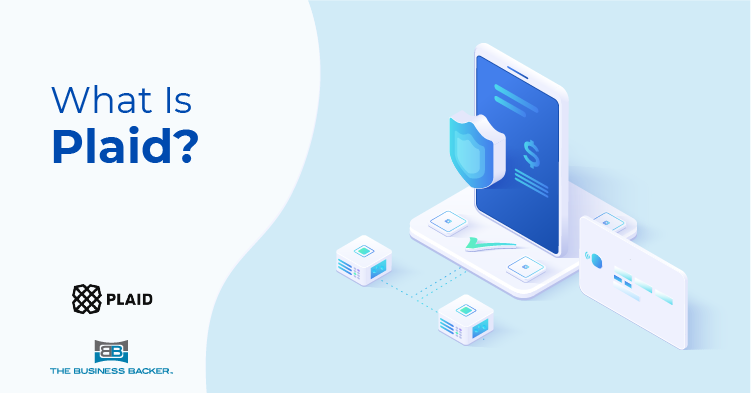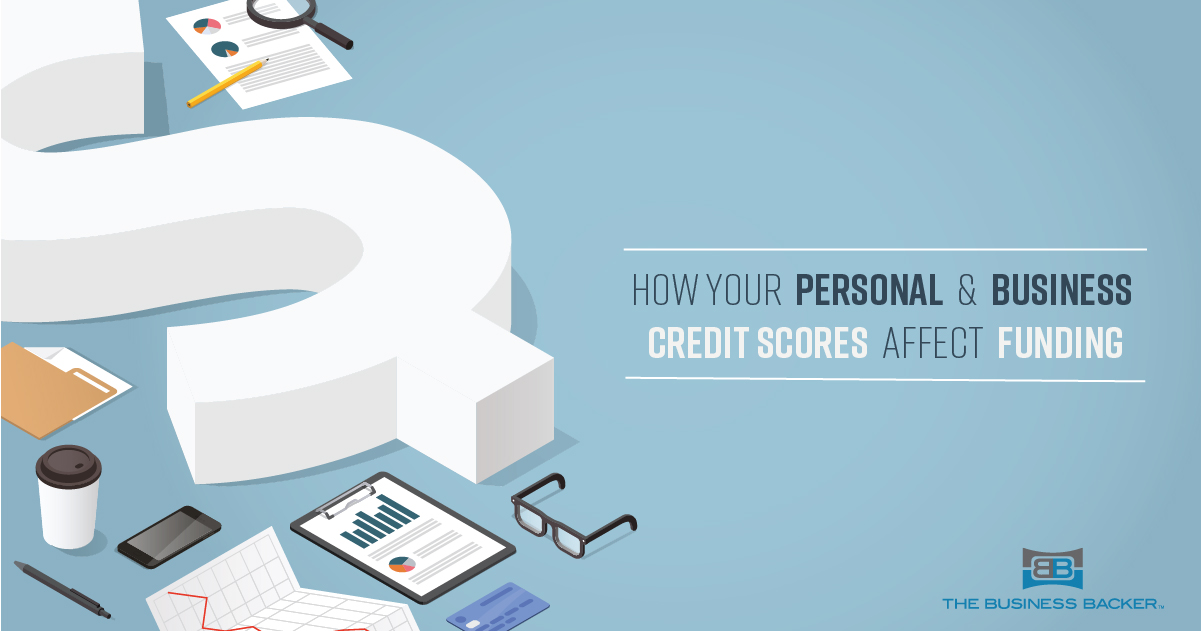How Does a Purchase of Receivables Compare to Other Funding Methods?
When it comes to small business financing, it’s a good idea to review all available options to help determine the best type of financing for your needs. While you may be familiar with more common funding options, like a small business loan or business line of credit, there may be additional ways to meet your business capital needs.
Another financing method that small business owners can consider is a purchase of receivables agreement, also sometimes indicated as a PORA. This financing agreement allows companies to access future capital from their business, based on expected revenue and other application details.
The types of funding available to your business generally depend on details like your revenue, state(s) in which you operate, credit score and borrowing history. While some of these funding options may not be available for all applicants, we’ll take a look at how a purchase of receivables agreement compares with two more common small business financing methods to help you decide which type is right for your company’s needs.
Purchase of Receivables Agreement (PORA)
One way for small businesses to access future capital is a purchase of receivables agreement. A PORA isn’t a loan, but an advance on future business revenue. With this type of financing, you sell your future expected revenue to a company in exchange for funds now. This type of business financing agreement generally issues funds with a daily or weekly set frequency, and the agreed-upon amount is deducted from future business revenue.
As an example, you may sell $12,000 of future revenue for $10,000 today. You agree to deliver 1.2% of your revenue every day or week until you have delivered all the owed revenue to the funding company. This percentage is also known as a factor rate, which depends on factors such as your business’s creditworthiness and other application details. Your initial payments will be based on your recent monthly revenue but if your revenue decreases then your payment delivery decreases as well. Purchase of receivables agreements are available from sources like online business lenders.
Line of Credit
A business line of credit is a form of revolving financing. Like a business credit card, borrowers are approved for a specific credit limit they can draw from, and as that amount is repaid, it’s available to re-use without having to reapply.
Business lines of credit are a good financing option for companies that have an ongoing need for capital. Other small business borrowers appreciate the flexibility a line of credit provides when cash flow is low. This form of business credit is available from traditional lending sources, like banks and credit unions, as well as online lenders and alternative creditors.
Term Loan
A term loan is another name for a small business loan or installment loan. This type of loan is the most common small business financing option. With a term loan, the principal is paid out in one lump sum and repaid in installments. Term loans are a good option to finance larger purchases and expenses that can be repaid over time, like business expansion, renovation, marketing, inventory and other business needs.
Business term loans are available from numerous sources, like banks, credit unions, online lenders and other alternative business creditors. Borrowers may have daily, weekly or monthly payments for this type of loan.
How to Decide What Financing Method is Right for Your Business
While these three funding methods offer small business owners distinct features and benefits, there are even more ways to access capital for your company. Some small businesses use more than one funding method to meet their needs. If you’re not sure what type(s) of financing is right for your business, the following prompts can help you determine where to start:
- Determine which product structure you are most comfortable with. For example, the key benefit to a PORA is that if your business ever closes, you owe nothing. That is because with a PORA you are selling future receivables but when a business closes, there are no more receivables being made and thus nothing is owed.
- Check your business credit, and improve your credit profile if your score is low. Some business credit options, like a business bank loan, require applicants to have a high business credit score.
- Decide whether your business needs a larger one-time payment, or whether you have an ongoing business funding need. Revolving credit methods are good options for those with a continuing need for capital, while term loans may have a higher principal amount when compared to the credit limit of a typical business line of credit or business credit card.
- Determine your timeline for funding. Some funding sources require more paperwork than other types of loans, and they typically have a much longer waiting period. Other sources of business financing, like online lenders, have a much shorter application and quicker funding period for approved borrowers.
Applying for Business Financing
No matter where you apply for business financing, lenders will typically ask the same types of questions and review certain documents on a business loan application. This information, including your business’s borrowing and payment history, its revenue and whether it can reasonably repay the funds, helps lenders make more responsible credit decisions.
Regardless of the type of financing, the amount and financing rate your business is offered, if applicable, depend on its creditworthiness. A higher personal and/or business credit score can help your company secure more affordable financing agreements, and more options for business credit. Businesses with very new or lower credit scores may not qualify for all types of business financing, including bank and credit union business loans.
The information in this article is provided for educational and informational purposes only, without any express or implied warranty of any kind, including warranties of accuracy, completeness or fitness for any particular purpose. The information in this article is not intended to be and does not constitute financial, legal or any other advice. The information in this article is general in nature and is not specific to you the user or anyone else.





